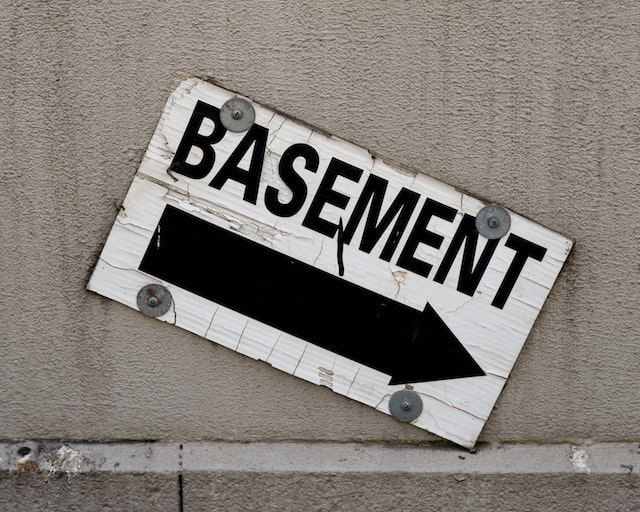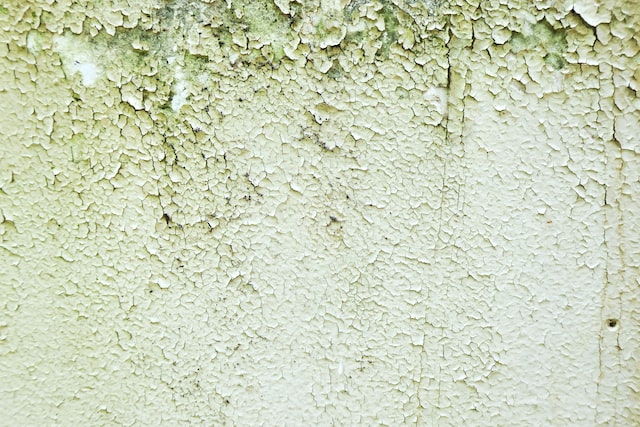Basement problems are one of the most common issues faced by homeowners. Basements can be prone to water seepage, mold and mildew growth, foundation cracks, and even structural damage due to their location below ground level. Fortunately, these issues can often be remedied with proper maintenance and repair work. In this article, we will discuss the most frequent basement problems that occur in homes as well as some steps you can take to prevent them from happening or lessen their severity if they do arise. We’ll also provide an overview of potential solutions for each issue so you have a better idea of how best to address any problems that may crop up in your own home’s basement.
The Most Common Basement Issues – How To Deal With Them
Our basements are the basis of our home and they are often overlooked in terms of maintenance. While some basements might be dry and well-maintained, others can be a source of significant problems that homeowners must address. Now, for instance, finding basement waterproofing near you does not have to be hard, but it does represent one of the most essential steps you can take to protect your home from water damage. Of course, this is just one, out of many different potential basement issues. The main thing you want to know is how, and if, you can prevent them in the first place. Additionally, preventive measures are always welcome. However, if you are already dealing with a basement issue, you must know what solutions are available. Because each issue brings unique complications, let’s take a look at some of the most common basement problems that present in homes and how you can address them properly.
Water Seepage
One of the most common basement problems is water seepage. This occurs when groundwater or rainwater finds its way into your basement, leading to dampness and potential flooding inside the home. One of the best telltale signs of water seepage is the presence of mildew or mold, which can cause serious health issues if left unchecked. Water seepage can also cause significant structural damage to your home if not addressed promptly.
Fortunately, this issue can be remedied with basement waterproofing and a few preventive measures. Basement waterproofing involves sealing the walls and floors of your basement to prevent moisture from entering or escaping. This can also be combined with additional drainage systems or sump pumps to ensure that any water within the basement is quickly removed.
Mold and Mildew Growth
Another common basement problem is the growth of mold and mildew, which can occur due to excess moisture or even just high humidity levels in your basement. Mold and mildew can cause a host of health problems, so it’s important to address this issue as soon as possible. If you think you may have a mold or mildew problem, it’s best to contact a professional to assess the situation and provide advice on how to address it safely.
To prevent the growth of mold and mildew, you should keep your basement well-ventilated. This can be done by using dehumidifiers or fans to circulate air throughout the area. Additionally, it’s important to clean any surfaces that come into contact with moisture on a regular basis. Furthermore bringing in appliances like a dehumidifier to remove excess moisture and keeping the temperature at a consistent level throughout the year can also help.
Foundation Cracks
Foundation cracks are another common basement problem. These can be caused by a variety of different factors, such as settling soil or expansion and contraction due to changes in temperature. If left unaddressed, foundation cracks can lead to structural damage that can put your home at risk.
Fortunately, there are a number of steps you can take to repair and prevent foundation cracks. To start, you should inspect your basement for any signs of cracks. If you find any, it’s important to have them evaluated by a professional before deciding on the best course of action. In many cases, these cracks can be sealed with epoxy or filled with concrete to prevent water from entering and causing further damage.
Bad Smells
Bad smells in your basement can be another common problem that homeowners face. This is usually due to a buildup of moisture and organic material, such as mold and mildew, leading to unpleasant odors. Furthermore, if you have a water seepage issue, this can lead to the growth of algae and other organisms that contribute to bad odors.
Most bad smells in the basement can be solved by addressing any issues with moisture in the area. This includes using a dehumidifier to remove excess moisture and ensuring that all surfaces are clean and dry. Additionally, you should consider using an air purifier or odor neutralizer to help get rid of any odors that may still remain. If it is difficult to clean the basement on your own, you may need to hire professionals that offer basement cleanout service. For information on the service’s cost, check out How Much Does a Basement Cleanout Cost?
Sump Pump Issues
Some homeowners may experience issues with their sump pump. This is a common issue, as sump pumps are designed to help keep your basement dry by pumping out any excess water. However, if the sump pump itself is not functioning correctly, this can lead to problems such as flooding or dampness in the basement. Essentially, a sump pump needs to be serviced and inspected on a regular basis to ensure that it is working properly.
If your sump pump does stop working, there are a few steps you can take to remedy the situation. First, check if the power is on and if the float switch is operating correctly. If these two things are working as they should, then you should consider having your sump pump serviced by a professional. In some cases, you may also need to have the sump pit and discharge line replaced in order to ensure that it is functioning correctly.
Basement problems are not uncommon but they should be addressed quickly and correctly in order to prevent further damage. By addressing issues such as moisture, mold and mildew, foundation cracks, bad smells, and sump pump issues you can ensure that your basement is safe and comfortable. With the right knowledge and tools, these problems can be easily managed. Moreover, it is always best to have a professional look at the situation and provide advice on how to address it safely.


